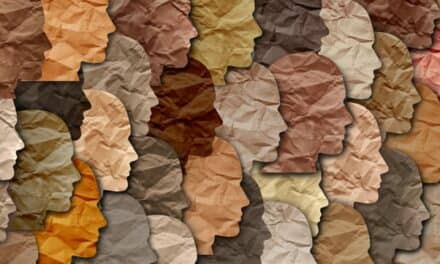A report from USA Today looks at how daylight saving time could negatively affect overall health.
“Ever since the institution of daylight saving time, there has been controversy regarding whether it accomplishes its goals or not, and if so – at what cost,” Timothy Morgenthaler, Mayo Clinic’s co-director of the Center for Sleep Medicine, said in a 2018 interview. Gaining or losing an hour will likely affect sleep patterns, often for about five to seven days, Morgenthaler said. The most notable changes are in those who regularly do not get enough sleep. People who are sleep deprived might struggle with memory, learning, social interactions and overall cognitive performance.
According to a study led by a University of Colorado fellow in 2014, when Americans lose one hour of sleep in the spring, the risk of heart attack increases by 25%. When the clock gives back that hour of sleep the risk of heart attack decreases by 21%. (The limited study looked at hospital admission data in Michigan over a four-year period.)
A preliminary study presented at the 2016 American Academy of Neurology meeting suggested turning the clock ahead or behind an hour could increase the risk of stroke. That’s because disrupting a person’s internal body clock might increase the risk of ischemic stroke, the most common type of stroke, according to researchers. The data showed the risk of ischemic stroke was 8% higher two days after a daylight saving time.



